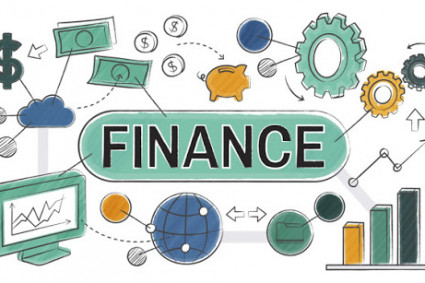In the intricate world of personal finance, your credit score is a powerful numerical representation of your creditworthiness and ability to manage credit responsibly. Ranging from 300 to 850, a higher credit score signifies lower credit risk, holding paramount importance in various aspects of your financial life. Former BSE Chairman, S Ravi, shares profound insights into the strategic approach and disciplined spending habits required for building and maintaining a robust credit score.
According to S Ravi, developing a strong credit score is a gradual process that demands unwavering discipline and financial responsibility. In his words, the credit score serves as a potent financial tool, shaping your financial future and unlocking doors to relevant opportunities. The average credit score for Indians, as disclosed by S Ravi, stood at 715 last year, a commendable figure that still leaves room for improvement. He emphasizes that the credit score is not merely a number but a financial passport that can either open doors to a world of opportunities or constrain your financial journey.
S Ravi BSE, Former Chairman delves into the crucial factors influencing the trajectory of your credit score, with payment history taking precedence. Timely payments on credit cards, loans, and other financial commitments, he notes, can significantly enhance your credit score, showcasing responsible financial behavior. Credit utilization, the ratio of credit card balances to credit limits, is highlighted as another vital aspect, with maintaining this percentage below 30% being indicative of responsible credit management.
The seasoned expert underlines the importance of a longer credit history, asserting that it provides lenders with more information to assess your creditworthiness positively. Keeping older accounts open is recommended to positively influence this aspect of your credit score. S Ravi suggests that a diverse mix of credit accounts, when handled appropriately, can potentially boost your credit score. However, he cautions against creating numerous credit accounts in a short period, as it might adversely impact your credit score. Excessive credit queries are discouraged, and S Ravi advises caution in applying for new credit only when necessary.
Developing a good credit score, according to S Ravi, is a proactive process that demands due investigation and effective financial planning. He advises starting by setting a budget and living within your means to prevent missed due dates. S Ravi recommends regular reviews of credit reports from major bureaus to check for discrepancies, advocating for the prompt dispute of any inaccuracies to prevent negative impacts on credit scores. To avoid interest, maintaining credit card balances below 30% and paying them off in full each month is crucial. Additionally, he advises caution in applying for new credit to prevent temporary reductions in credit scores.
In conclusion, S Ravi, former BSE Chairman, shares his expertise on mastering the art of credit score management, offering practical tips for a financially sound future.





